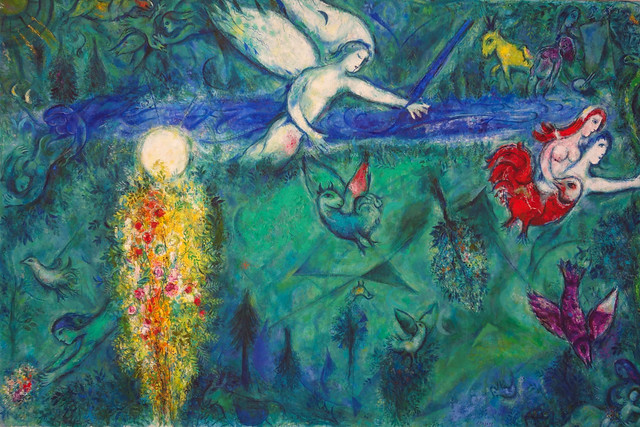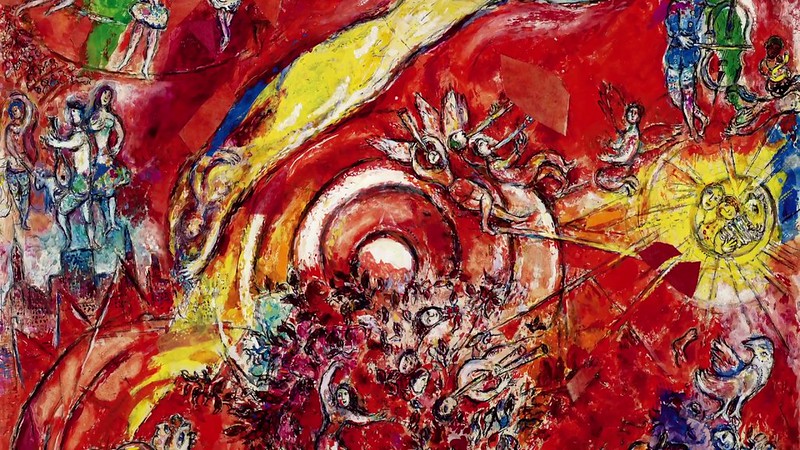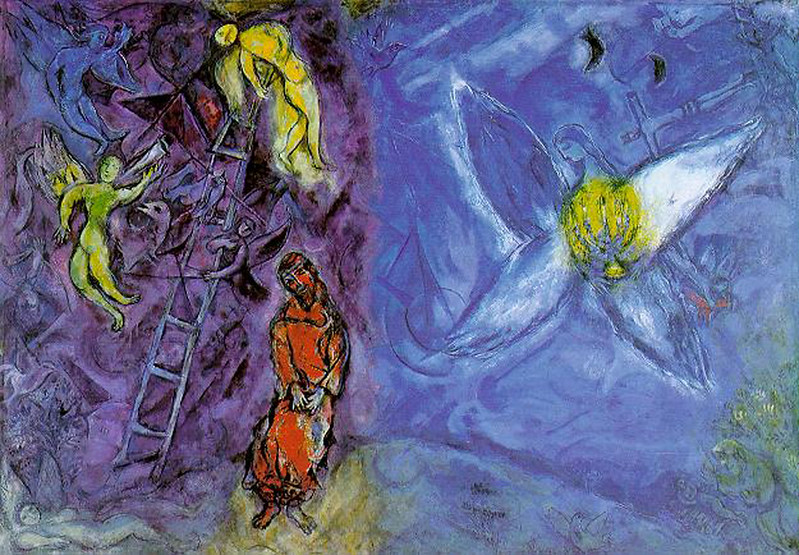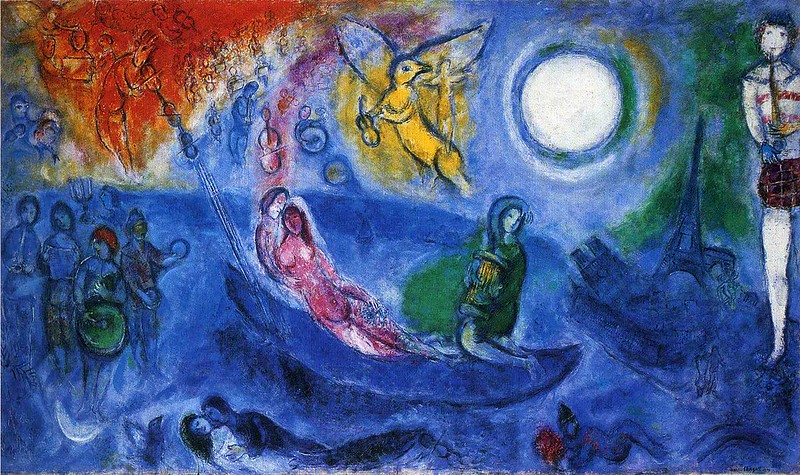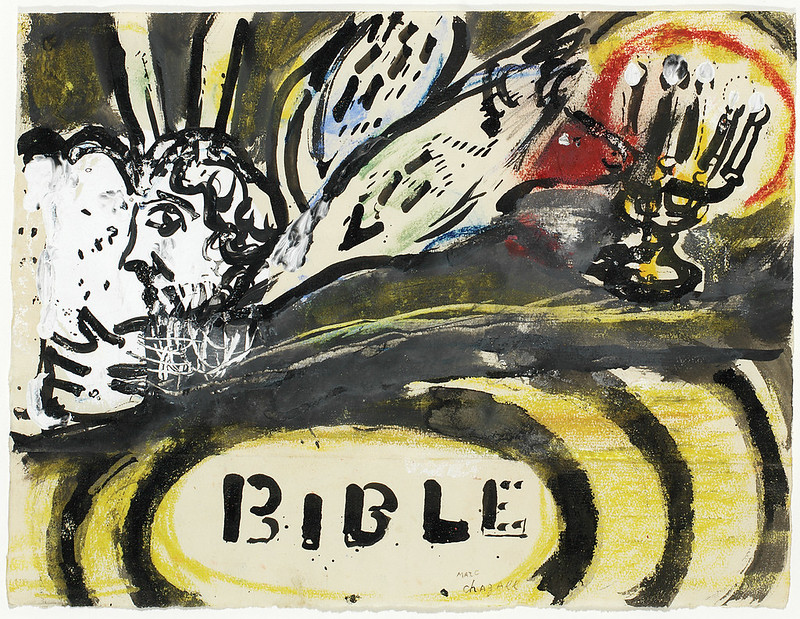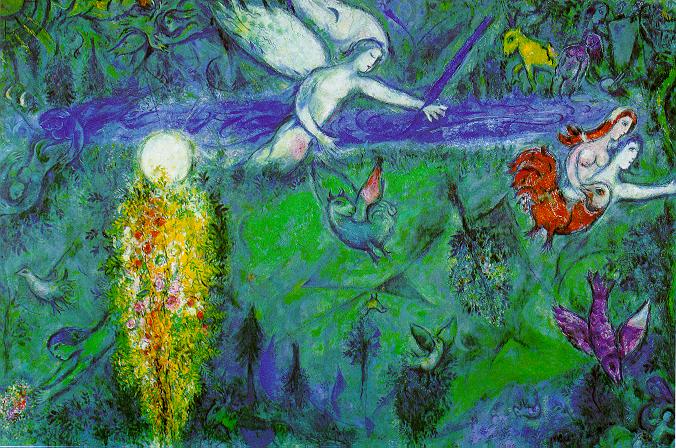
Eye-Deep In Lies
by Blindman At The Gate
Why is it that if we dare to envision a world without war
(A hope offered humanity by the prophet Isaiah bar Amoz)
We’re considered hopelessly naïve or even treasonous?
Why is it that everyone knows Jesus taught the way of nonviolence
(Just read the Sermon on the Mount and you’ll see what I mean)
Except those who most vociferously call themselves Christians?
Why is it that a clear renunciation of war is called cowardly
(Suggest killing enemies is not the way and see what happens)
When following the crowd has never required any courage?
Why is it we’re suspicious of those called peacemakers
(Ask brave Daniel Ellsberg, he’ll tell you all about it)
When the One we worship is called the Prince of Peace?
Why is it we believe the coming of Christ will bring the reign of peace
(For we do confess that someday the lion will lay down with the lamb)
But in the mean time act as if we must preserve war as long as possible?
Why are those who renounce war and embrace peace called stupid
(“The poor dolts don’t have enough sense to come in out of the rain”)
When Einstein said, “I’m not only a pacifist, but a militant pacifist”?
Why am I even bothering to talk about the topic of peace
(“Shouldn’t he be preaching the gospel or something?”)
When I know good and well it will only cause me grief? Read more

